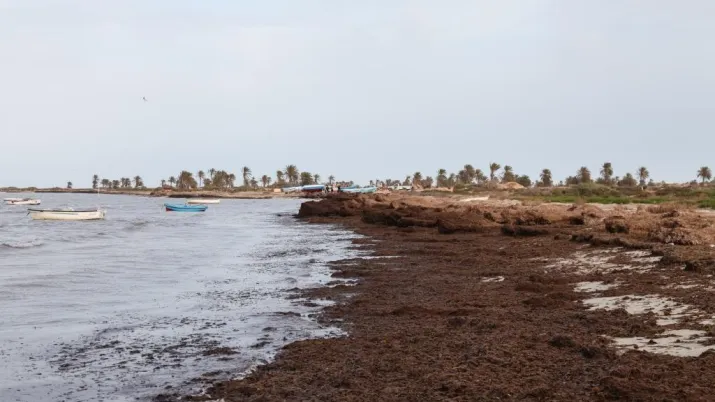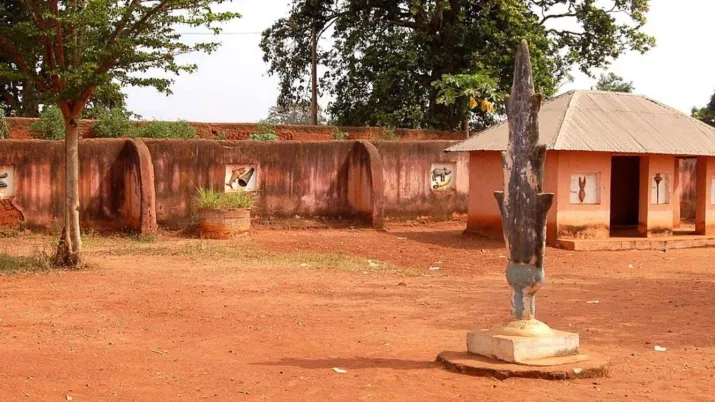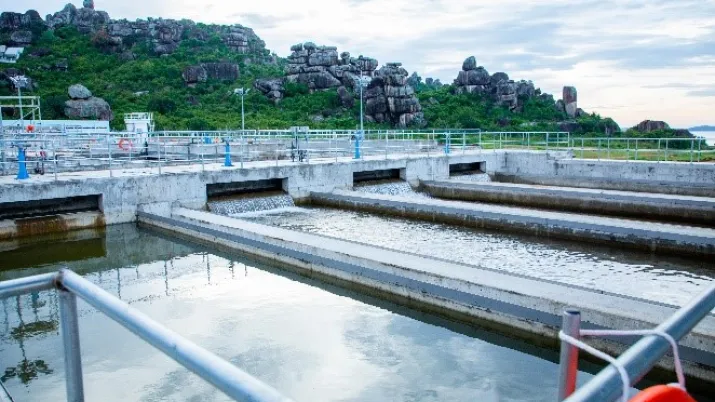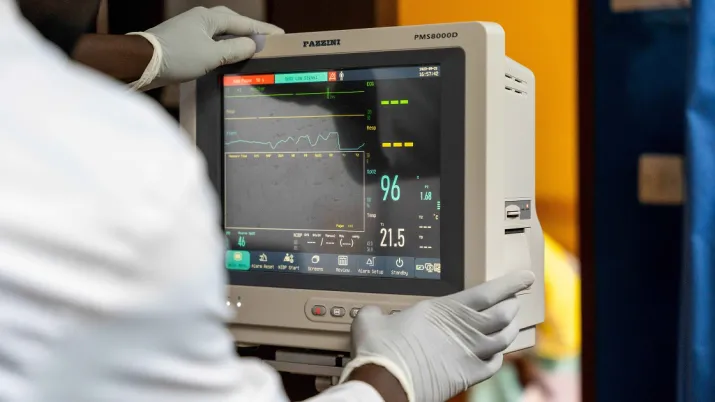Share the page
Support local development through a dedicated fund for the poorest communities
Project
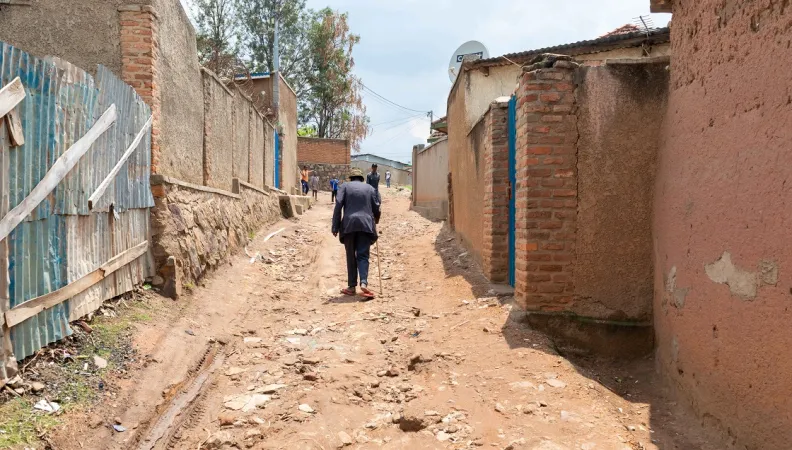

-
Project start date
-
-
Project duration
-
20 years
-
AFD financing amount
-
16 000 000 €
-
Location
-
Rwanda
-
Type of financing
-
Beneficiaries
-
Republic of Rwanda
-
Type of beneficiary
-
State
The aim of the project is to support local development within the framework of the KfW-led "basket fund" to carry out major works in the country's 16 poorest districts, thereby curbing the rural exodus exacerbated by the effects of climate change.
Context
With 545 inhabitants per square kilometer in 2020, compared with an average of 47 in sub-Saharan Africa, Rwanda is the most densely populated country on the continent. With most of the population living in rural areas, decentralization and local economic development are major challenges for reducing inequalities, particularly between cities and rural areas.
A new National Decentralization Policy was adopted in October 2021 as part of the National Strategy for Transformation covering the period 2017-2024, prioritizing local economic development and strengthening local governments.
Despite this policy framework, many districts far from urban centers face a shortfall in public funding, leading to difficulties in accessing public services and livelihoods for the poorest populations. To support this policy in the long term, KfW has launched a dedicated fund with a pro-poor approach, to which AFD is now contributing.
Description
AFD's loan financing will be combined with a grant from KfW to form the initial contribution to a multi-donor "PPD-basket" (PPD stands for Pro- Poor Development) to finance local economic development projects in the country's poorest districts, according to the needs and demands directly expressed by the local population of the country's poorest districts.
The overall aim of this PPD-Basket is to create the conditions that will enable the poorest households to improve their living conditions, by financing the construction of small-scale infrastructure needed for local public services and economic development in 16 rural districts.
These 16 districts, far from urban centers and satellite and secondary towns, have the highest poverty rates, benefit least from public investment, and are most dependent on central government resources.
Impacts
The main expected effects are improved living and subsistence conditions for the inhabitants of Rwanda's poorest districts of Rwanda, mainly through improved access to essential services and fostering economic development.
In the same region
On the same topic


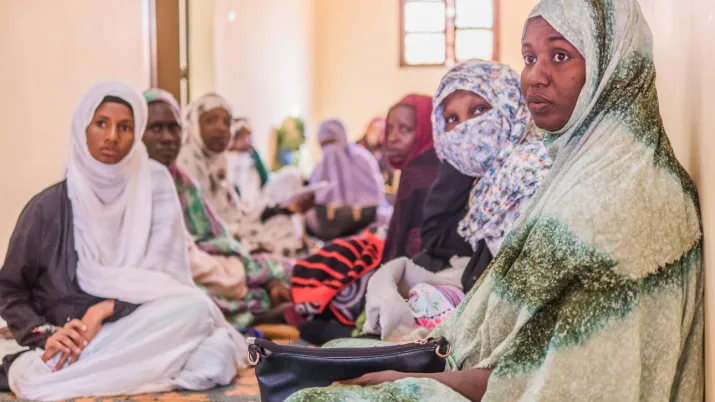
On the same financial tool

